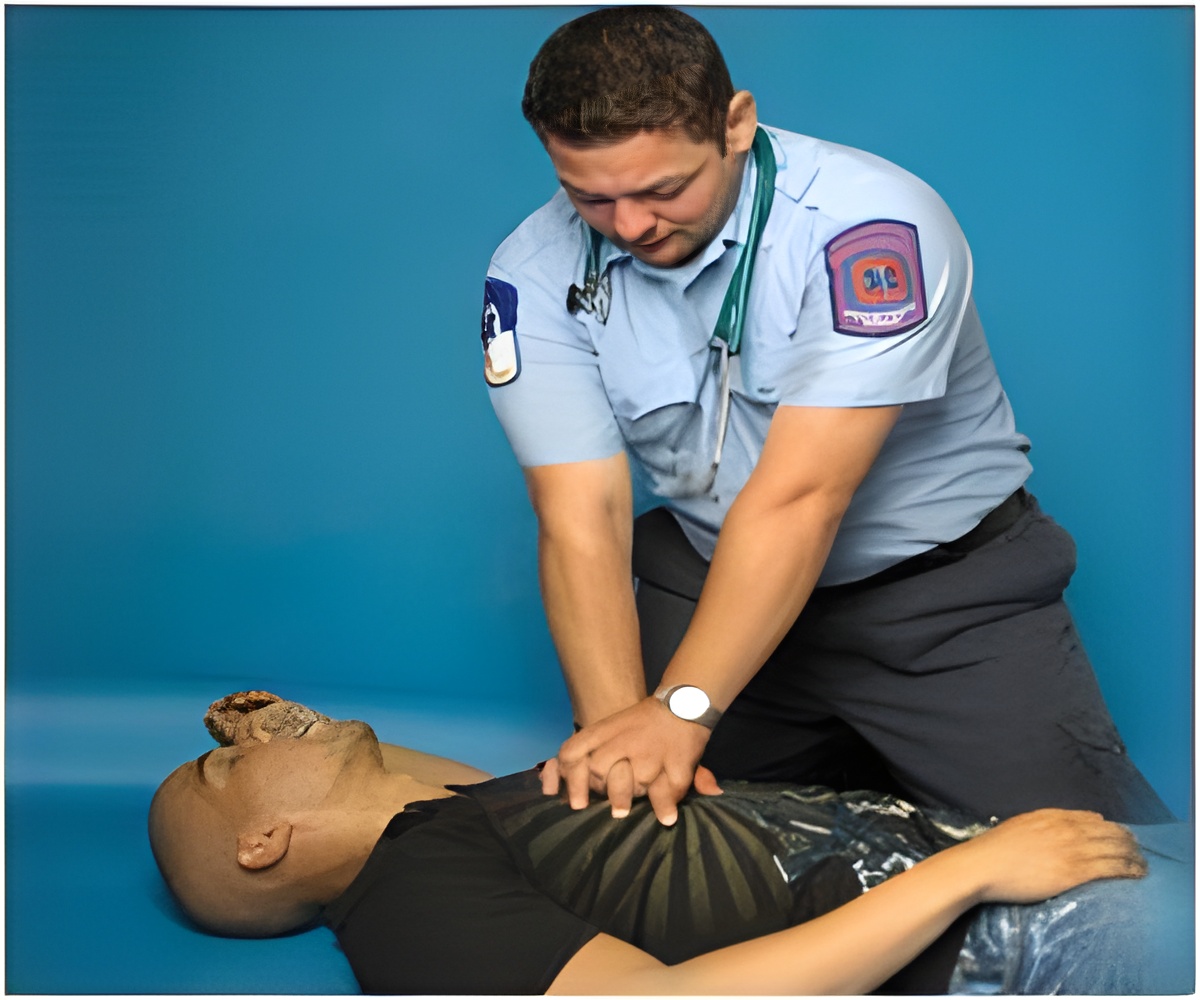Extending CPR longer was found to improve survival in both children and adults, reports study.

The investigators reported data from the GWTG-Resuscitation registry of CPR outcomes in thousands of North American hospital patients in two landmark studies-one in children, published today, the other in adults, published in October 2012.
Berg was a co-author of the pediatric study, appearing online today in Circulation, which analyzed hospital records of 3,419 children in the U.S. and Canada from 2000 through 2009. This study, whose first author was Renee I. Matos, M.D., M.P.H., a mentored young investigator, found that among children who suffered in-hospital cardiac arrest, more children than expected survived after prolonged CPR-defined as CPR lasting longer than 35 minutes. Of those children who survived prolonged CPR, over 60 percent had good neurologic outcomes.
The conventional thinking has been that CPR is futile after 20 minutes, but Berg said these results challenge that assumption.
In addition to Berg, two other co-authors are critical care and resuscitation science specialists at The Children's Hospital of Philadelphia: Vinay M. Nadkarni, M.D., and Peter A. Meaney, M.D., M.P.H.
Nadkarni noted that illness categories affected outcomes, with children hospitalized for cardiac surgery having better survival and neurological outcomes than children in all other patient groups.
Advertisement
The American Heart Association and American Stroke Association designated the adult study as the top finding of the year in heart disease and stroke research in its annual list of major advances. Next steps for CPR researchers are to identify important risk and predictive factors that determine which patients may benefit most from prolonged CPR, and when CPR efforts have become futile. "Taken together, the adult and pediatric results present a clear and hopeful message: persisting longer with CPR can offer better results than previously believed possible," concluded Berg.
Advertisement









